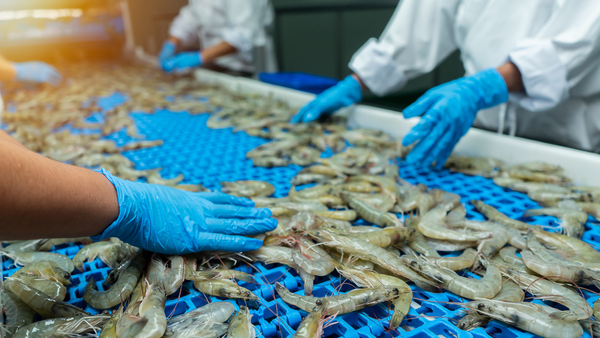Key Takeaways from NOAA’s 2023 IUU Report

Last week NOAA issued its biennial report on international fisheries management, which includes a list of nations engaged in Illegal, Unreported and Unregulated (IUU) fishing. The report chronicles the recent history of enforcement, diplomacy and capacity building between the US and a host of nations on fishery management issues ranging from IUU fishing and shark finning to sea turtle and seabird conservation. We read through the 110-page report with an eye toward information the seafood industry should know. Here’s what we learned and what it means for trade:
Four persistent bad actors have not meaningfully improved their counter-IUU fishing efforts since NOAA’s last report in 2021:
- Mexico (287 recent cases of illegal fishing in US waters including for red snapper)
- China (illegal and unreported fishing around the world including for tuna, fishing vessels using forced labor, unregulated shark fishing)
- Taiwan (illegal and unreported fishing around the world including tuna, fishing vessels using forced labor)
- Russia (one illegal fishing vessel)
Four new countries were put on notice for IUU fishing:
- Angola (billfish, including marlin)
- Grenada (billfish, including marlin and swordfish)
- Gambia (tuna)
- Vanuatu (tuna, sharks and more)
Gold stars: NOAA’s 2021 report put Costa Rica, Senegal, and Guyana on notice for IUU fishing. The agency has been appeased by their corrective measures and is no longer considering these countries at elevated risk.
What does this mean for industry?
Unlike the EU carding system for IUU fishing, this report carries no automatic trade consequences though it could result in targeting for audit, inspection or prioritized issuance of Withhold Release Orders given the strong nexus between this report and data-heavy trade regulations such as the Tuna Tracking and Verification Program, Seafood Import Monitoring Program, and Certificate of Admissibility.
In light of this report, we suggest exercising increased counter-IUU due diligence including verifying vessel registration for reported fishing areas, checking vessel identifiers for consistency, checking all relevant IUU vessel blacklists, and continuously monitoring fishery and vessel-specific bans for the following US seafood imports:
- Tuna harvested by vessels flagged to China, Taiwan, Gambia or Vanuatu;
- red snapper harvested by vessels flagged to or exported from Mexico;
- billfish (especially marlin and swordfish) harvested by vessels flagged to Angola or Grenada; and
- all seafood harvested by vessels flagged to Russia.
Counter-IUU screening is very difficult to do well, but it doesn’t have to be. Goldfish cleans, checks, and screens seafood sourcing data to save time, de-risk audits, and avoid potential issues at the border. Our recordkeeping proves that you performed thorough due diligence if it's ever questioned by authorities or buyers. Visit goldfish.io to learn more and schedule a demo today.





